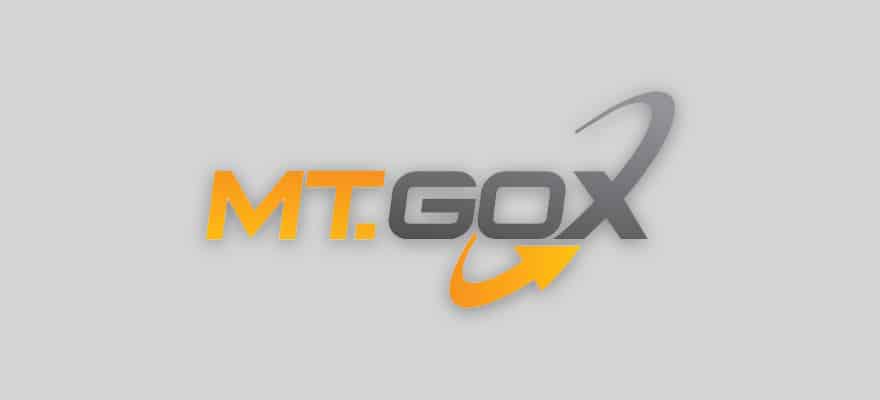Two Mississippi doctors -- Donald and Chris Raggio, father and son -- have sued some of the entities and individuals involved in the company behind now-defunct Mt. Gox Exchange in an effort to reclaim 9,500 BTC (now worth $133 million) that were stolen from them nearly seven years ago.
Discover credible partners and premium clients at China’s leading finance event!
Although the lawsuit was originally filed on March 5, 2014 (just a few weeks after the revelation of the infamous Mt Gox hack) the coins originally disappeared from Donald Raggio’s account three years prior in 2011.
Emails presented during the proceedings as evidence revealed that Jed McCaleb, former owner of Mt Gox, was made aware of the hack in January of 2011, just a few months after Donald registered as a user on the exchange.
The defendants in the case (which include McCaleb and his successor, Mark Karpeles, among others) filed for a summary judgement; their request was denied in mid-November 2017. The Raggios decided to appeal the decision in December 2017.
According to a report from Coindesk, the defendants have argued that the case should be time-barred since the charges weren’t brought until more than three years after the tokens were allegedly stolen.
Mt Gox's Troubled Past
Despite the fact that more than three years have passed since the Mt Gox hack and subsequent bankruptcy, ghosts of the trouble and trauma still remain. In mid-July 2017, Mark Karpeles, the head of the exchange at the time of the trouble, pled ‘not guilty’ to a charge of embezzlement in relation to the hack.
The legendary Mt Gox hack took place in February 2014, when the Japan-based Bitcoin exchange was the largest on the planet. Roughly 840,000 BTC were stolen (worth hundreds of millions of dollars at the time; worth roughly $10.3 billion today). Additionally, around $27 million disappeared from Mt Gox’s bank accounts.
The exchange declared bankruptcy in the wake of the hack, first in Japan, and then in the United States two weeks later. An investigation into the hack revealed that the hack had actually begun in September of 2011, and that most of Mt Gox’s Bitcoins were gone by mid-2013; according to Blockonomi, additional evidence has revealed that 80,000 BTC had already gone missing prior to Mark Karpeles’s purchase of the exchange in 2011.
Approximately 200,000 of the BTC that disappeared during the hack have since been recovered; the remaining 640,000 remain unaccounted for.


















